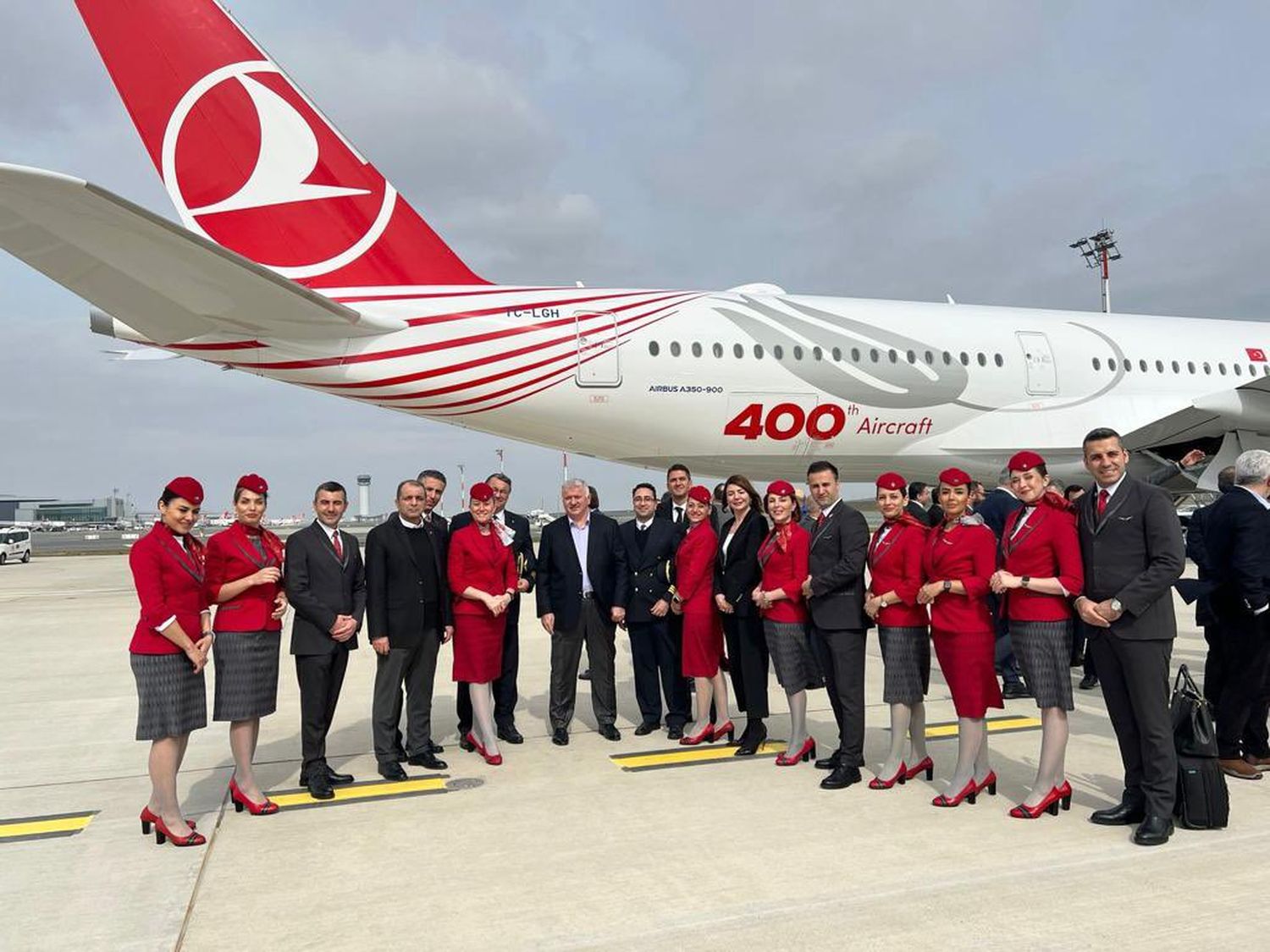Turkish Airlines delays order of 600 aircraft due to engine durability concerns
The Chief Financial Officer (CFO) of Turkish Airlines has revealed that the delay in announcing an order for 600 aircraft is attributed to issues surrounding engine durability on new-generation platforms. The airline has pushed back the announcement of this order by two months.
It is projected that this purchase will expand the airline’s operational fleet to over 800 units by 2033. However, specific details of the order remain undisclosed.
During an earnings call, Murat Seker, CFO of Turkish Airlines, announced that the decision to postpone the purchase is not solely linked to choosing between Airbus and Boeing aircraft, and that it is instead centered around engine-related concerns. Seker emphasized that while aircraft maintenance is a factor, the crucial problem lies within the engines. He stated, «This is why we haven’t made an announcement at this time. However, we will inform about our choice in the near future.»
Related Content: Turkish Cargo becomes third largest air cargo operator in the world
This delay follows Pratt & Whitney’s announcement in July. The manufacturer indicated that additional inspections were required for the GTF engines powering Airbus A320neo family aircraft. More than a thousand PW1100G engines produced between late 2015 and early 2021 need in-depth inspection. An industry analyst revealed that around 31 of Turkish Airlines’ A320neo family aircraft could be affected by this issue.
Turkish’s order is expected to include 400 single-aisle aircraft, including A320neo and/or Boeing 737 MAX, and around 200 wide-body aircraft, possibly including 787 and/or A350-900, as well as 25-30 777X or A350-1000. The inclusion of A350-1000 and 777X would enable Turkish Airlines to establish daily flights between Istanbul and Melbourne, Australia. Regarding this, Seker noted, «The current fleet strategy has pending orders for 78 aircraft until 2028, including A320neo, A350, and 787.»
Seker projected that the airline’s fleet size will reach between 460 and 470 aircraft for the next year and 600 by 2028. In the second quarter, Turkish Airlines increased its fleet by 10%, reaching a total of 419 aircraft compared to the same period the previous year.
The airline is currently grappling with issues related to Pratt & Whitney’s GTF engines. Seker affirmed, «We have 56 Airbus A320neo in the fleet with GTF engines, and we maintain a 10% engine reserve for potential changes. Currently, nine aircraft are grounded due to engine issues.» He indicated that over the coming months, the airline’s technical team will continue investigating the situation, which could lead to more grounded aircraft.
In the second quarter, the airline added an A350-900, four A321neo, a 787, and a 737-8 to its fleet. As of June 30th, Turkish Airlines operated 112 wide-body aircraft, 283 narrow-body aircraft, and 24 cargo aircraft.


Para comentar, debés estar registradoPor favor, iniciá sesión